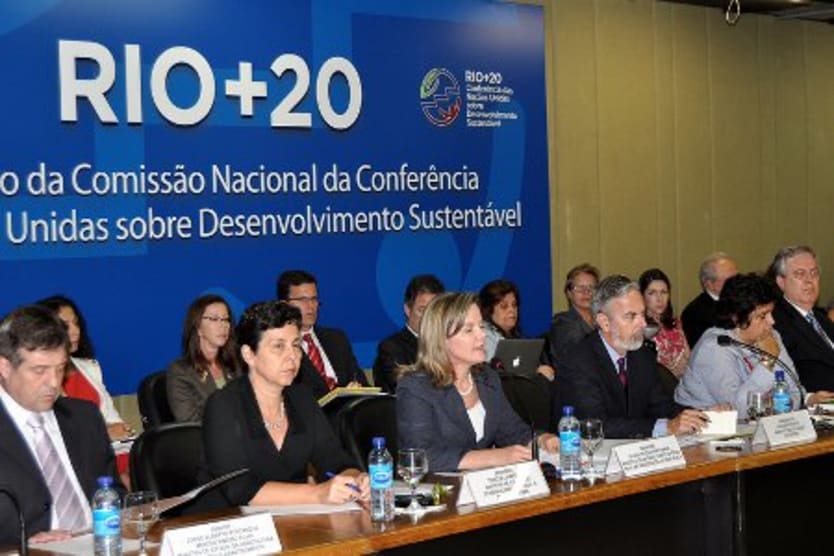
More than 400 nongovernmental organizations from 67 countries have written a letter to U.N. Secretary-General Ban Ki-moon. The message? Several countries that will be attending the U.N. Conference on Sustainable Development — including Canada, the United States, New Zealand and the United Kingdom — want to “delete virtually all references to well-established rights to water, energy, food and development” in the draft outcome document.
The coalition said these countries are opposing prescriptive language in the document that commits governments to “actually do” what they claim to support in principle and act as “duty bearers” of human rights. This is the same issue raised by Catarina de Albuquerque, U.N. special rapporteur on the human right to safe drinking water and sanitation, on World Water Day.
Maude Barlow, national chairperson of the Council of Canadians, was particularly critical of Canada. Barlow said Canada was “leading the charge” in the removal of language recognizing water and sanitation as a human right in the Rio+20 document. He said Canada also played a “very negative role” at the World Water Forum and even “attempted to remove” important human rights language from a U.N. Food and Agriculture Organization document designed to provide a wide range of human rights around land, food and housing.
“And don’t forget of course, Canada’s abandonment of the Kyoto Protocol [on climate change],” Barlow said.
Given their recent record, it is not surprising that some countries attending Rio+20 in June are again attempting to remove the “human rights” language in the conference’s draft outcome document. At the recently concluded World Water Forum, NGOs accused participants of a watered-down declaration. And at the Durban climate conference late last year, some participants did not want the term “legally binding” in the final document — which resulted to the conference ending two days behind schedule.
Read more:
Read more development aid news online, and subscribe to The Development Newswire to receive top international development headlines from the world’s leading donors, news sources and opinion leaders — emailed to you FREE every business day.








